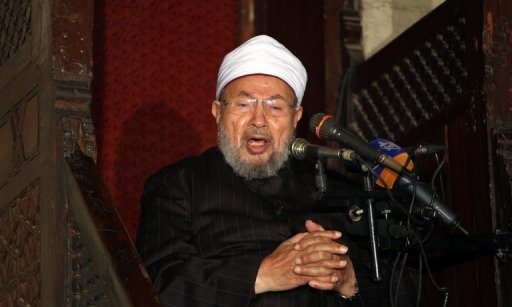Gaza’s Ministry of Health announced on Sunday that 87 Palestinians had been killed and 409 wounded over the past 24 hours, bringing the total number of casualties since the resumption of the war on March 18 to 11,911 dead and 50,735 injured. Since the start of the conflict on 7 October 2023, the overall toll has now reached 64,368 fatalities and 162,776 wounded.
Amid the mounting humanitarian crisis, the Arab-Islamic Ministerial Committee on Gaza issued a joint statement rejecting what it described as Israeli attempts to forcibly displace Palestinians from territories occupied since 1967. The foreign ministers condemned the use of military operations, blockade, and starvation as weapons of war, warning that such actions threaten both regional stability and international peace. They renewed calls for an immediate ceasefire, the lifting of restrictions on humanitarian aid, and the reinstatement of the Palestinian Authority’s administration in Gaza.
In parallel diplomatic efforts, Hamas announced that a senior delegation led by Zaher Jabarin had concluded a visit to Cairo. The delegation met with Palestinian factions, business leaders, and civil society groups to “strengthen consultation and draw a national roadmap” aimed at ending the war. The group also accused Israel of committing “a new war crime” by bombing a school sheltering displaced families, saying that international silence provided Israeli Prime Minister Benjamin Netanyahu “a cover to continue massacres.”
On the ground, Israeli strikes intensified across Gaza. Residential areas were hit, including the complete destruction of the Mushtaha Tower in western Gaza City, followed by the leveling of the 15-story Soussi Tower, which housed more than 60 apartments near the UNRWA headquarters.
The conflict also spilled beyond Gaza’s borders. The Israeli army reported intercepting three drones launched from Yemen after one struck Ramon Airport in southern Israel’s Negev desert. Yemen’s Houthi movement claimed responsibility, describing it as “a special operation” targeting Lod and Ramon airports as well as a “sensitive site in Dimona,” and vowed to continue operations in support of the Palestinians.
At the same time, diplomatic manoeuvres appeared to be underway behind the scenes. US outlet Axios reported that American envoy Steve Witkoff had relayed messages to Hamas through Israeli activist Gershon Baskin regarding a potential deal: the release of all captives in exchange for an end to the war.
Meanwhile, global protests underscored the growing international outrage. Thousands of demonstrators marched through major European capitals including Stockholm, Paris, London, and Rome, calling for an immediate end to the conflict. In Turkey, solidarity rallies took place across several provinces, coinciding with the launch of a “Global Resilience Flotilla” involving activists from more than 44 countries in an effort to break the Israeli blockade of Gaza.
On the diplomatic front, tensions flared between Spain and Israel. Madrid recalled its ambassador for consultations after Tel Aviv barred two Spanish cabinet members from entering the country. Spain described the decision as “unacceptable,” emphasising that Prime Minister Pedro Sánchez’s positions on Gaza and the West Bank were consistent with “Spain’s defense of peace and human rights.”


